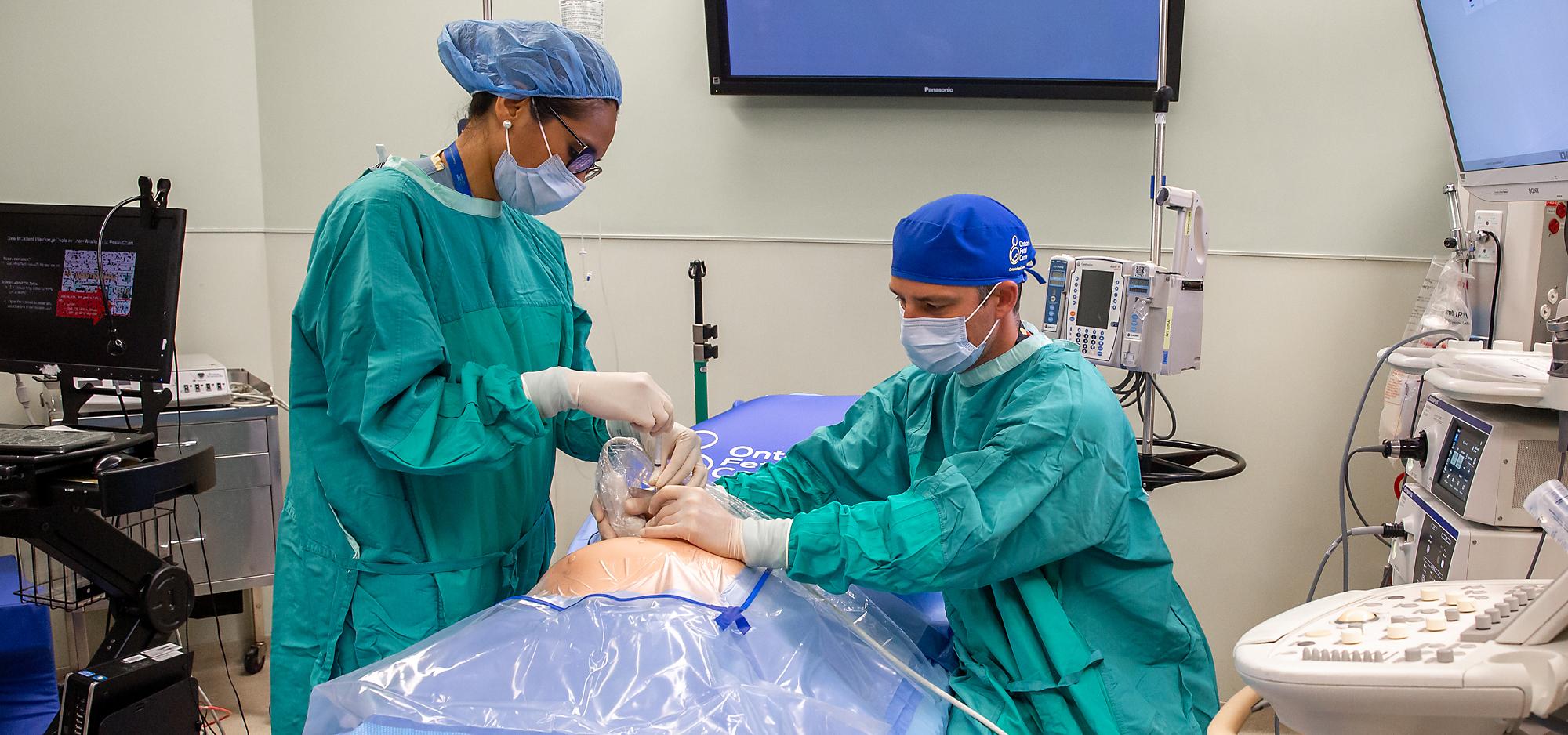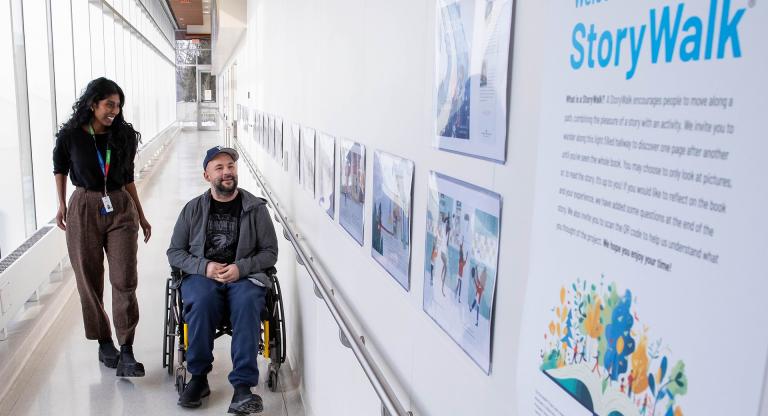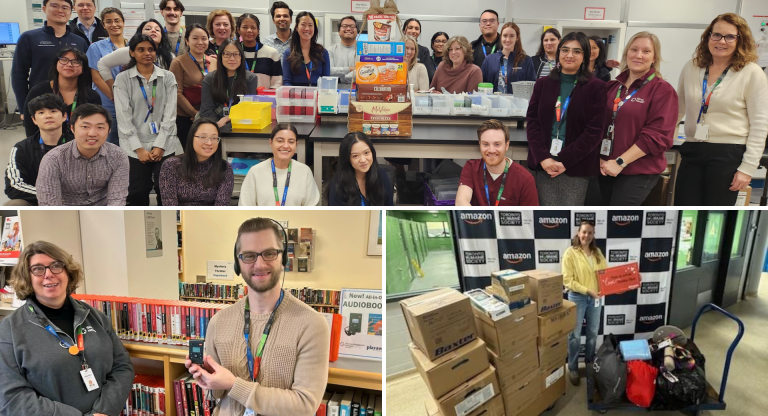Funding for the Ontario Fetal Centre paves way for next-level advancement in fetal imaging and therapy

Since its inception in 2018, the Ontario Fetal Centre, a partnership with Mount Sinai Hospital and The Hospital for Sick Children (SickKids), has garnered a reputation in performing world-class procedures in fetal therapy. Thanks to a $2.8 million grant received in March 2021 from the Canadian Foundation for Innovation(opens in a new tab), the Centre is paving the way for next-level advancement in fetal therapy.
With this grant, the team will build the research arm of the Ontario Fetal Centre, the Advanced Fetal Diagnostics and Therapy program. Led by Dr. Tim Van Mieghem, Maternal–Fetal Medicine Specialist at Mount Sinai and Dr. James Drake, Surgeon-in Chief and Director of the Centre for Image Guided Innovation & Therapeutic Intervention at SickKids, the ambitious research program aims to tackle major technical challenges in fetal imaging and robotics to improve difficult and often invasive surgeries used to treat fetuses with spina bifida in-utero.
“Fetoscopic (keyhole) surgeries are less invasive and can significantly reduce morbidity for the mom, compared to open fetal surgery where a large incision is made in the maternal skin and the uterus,” says Dr. Van Mieghem. “The less invasive we are on the uterus, the better chance we have at avoiding preterm birth and need for Cesarean delivery.”
The first Canadian Spina Bifida repair was performed in June 2017 at the Ontario Fetal Centre. Currently an open fetal surgery, the Centre aims to incorporate the use of the da Vinci Xi robot at Mount Sinai Hospital, evolving the procedure to a fetoscopic surgery. Fetal therapy centres across the world have attempted fetoscopic approaches yet struggle with major technical challenges. By leveraging its expertise in prenatal diagnosis, fetal surgery and robotics, the Ontario Fetal Centre is looking forward to continuing and improving these interventions.
Treating high-risk pregnancies is our priority, notes Dr. Van Mieghem. With this funding, the Centre has the opportunity to conduct high-end, extensive research in the field of fetal medicine, solidifying our commitment to providing the best care for mothers and babies.
The grant will also advance capacity to do research in magnetic resonance imaging guided therapeutic ultrasound (also called high-intensity focused ultrasound, or HIFU), a non-invasive treatment for fetal applications that will allow the development of innovative procedures for conditions that are currently challenging to treat in-utero. The Ontario Fetal Centre remains the largest centre in Canada to perform various in-utero procedures and is the only one to treat fetal spina bifida and congenital diaphragmatic hernia before birth.
Looking ahead, the research team hopes to apply what they learn about robotics and fetoscopic procedures through this funded research program to potentially improve treatments for other conditions globally.












